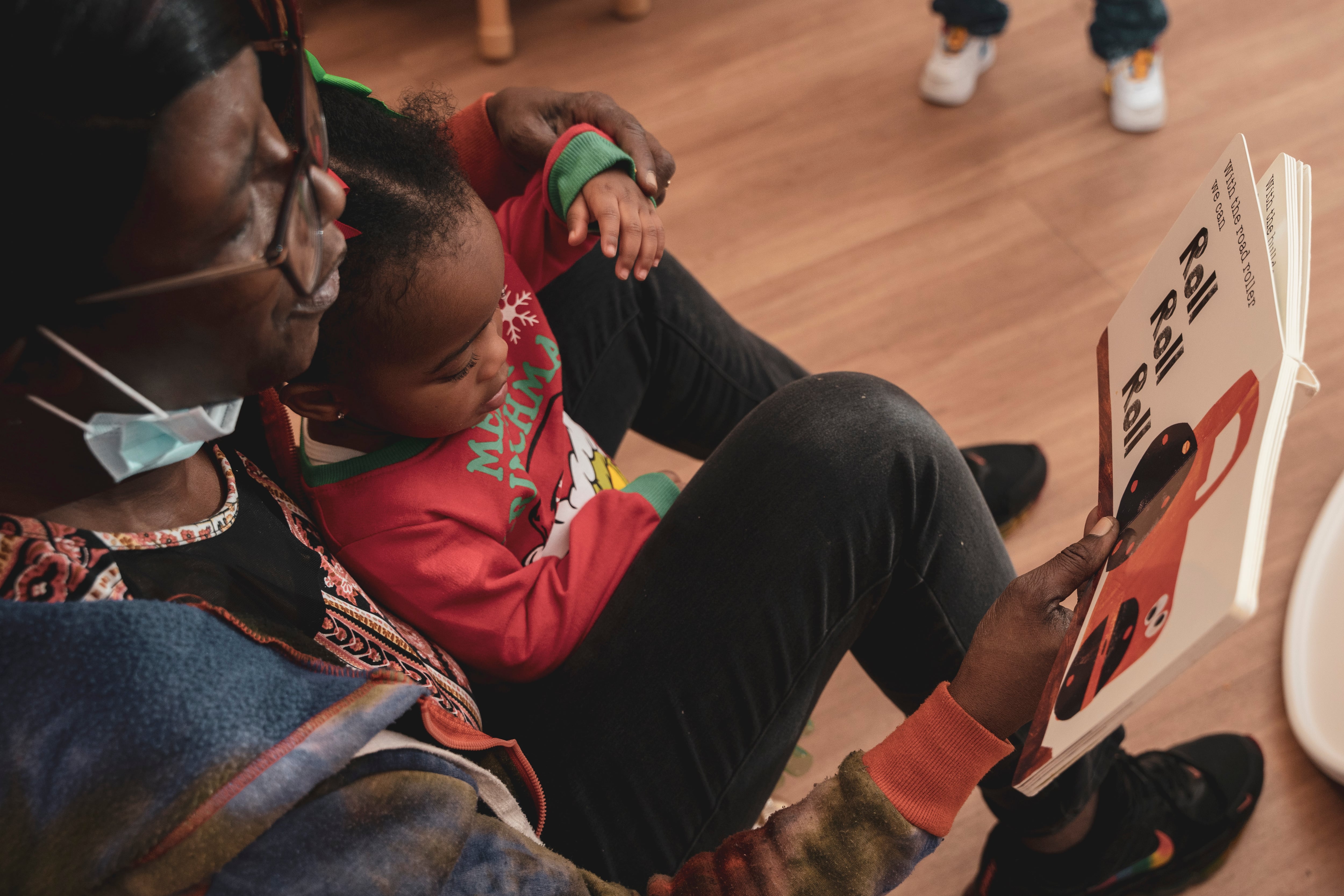Sign up for Chalkbeat New York’s free daily newsletter to get essential news about NYC’s public schools delivered to your inbox.
New York City has stopped enrolling low-income families in a popular child care voucher program because of a funding shortfall in the state budget, city officials said on Monday.
Costs for the state-funded Child Care Assistance Program are soaring in the five boroughs, driven by booming enrollment and an increase in the value of the voucher to meet the rising costs of child care. The vouchers provide an average of $300 a week to defray child care costs.
This confluence of factors is creating a yawning budget shortfall that experts place at nearly a billion dollars for next year.
Gov. Kathy Hochul’s initial budget proposal included no funding increase for the program, prompting city officials to warn they would have to kick thousands of families a month off the program.
In last week’s final budget deal between Hochul and the state legislature — which still has not been officially released — state officials offered $350 million in funding for the city’s voucher program contingent on the city putting up the same amount, according to city officials.
But on Monday, top officials in Mayor Eric Adams’ administration called that proposal a nonstarter and said they would have to take immediate steps to cut program costs.
“Sadly, the state’s proposed budget provides insufficient funding for its own program, so we are unable to enroll any new eligible applicants seeking such vouchers beginning today,” First Deputy Mayor Randy Mastro told reporters on Monday. A dozen counties across the state have paused new enrollment because of the funding shortfall, he noted.
“This is a step we did not want to have to take,” he said.
Given that the budget documents haven’t yet been published, city officials hope there might be room for some changes.
“There is still time,” Mastro said.
For now, the city will continue recertifying families who are already in the program, Mastro said. But officials did not foreclose the possibility of taking vouchers away from families in the future if additional funding doesn’t come through.
The city will continue to enroll new families who qualify for cash assistance and are legally required to receive the vouchers, officials said.
Nearly 80,000 city children received vouchers last year. The majority of those recipients, roughly 56,000, qualified through a newly expanded program for low-income vouchers available to families making under 85% of the state median income, or about $108,000 for a family of four, according to an analysis from The New School.
The remaining 22,000 vouchers went to children whose families receive cash assistance — a number expected to rise sharply starting this year with the expiration of COVID-era waivers allowing families to qualify for cash assistance without work requirements. Analysts and city officials predict the waivers’ end will create a surge in employment among families receiving cash assistance. The state is also required to provide child care vouchers for those families. The New School report estimated the number of such families needing vouchers would triple to 66,000 by March 2026.
That growth — combined with the increased value of the vouchers — is expected to create a major financial crunch for the program. City officials have said they may need to remove between 4,000 and 7,000 families a month from the program without increased funding.
There are typically thousands of new applicants each month for the child care vouchers, officials said. They are being placed on a waitlist.
Hochul spokesperson Avery Cohen argued it’s the city’s responsibility to increase spending, noting the city’s contribution has remained “relatively flat” for 25 years and makes up only 6% of the billion-dollar budget for the program.
“This status quo is unsustainable, and if we are serious about providing comprehensive, affordable child care for working families, then these costs must be a shared responsibility between the City and the State,” she wrote in an email.
City officials firmly rejected that argument Monday, contending that the program has always been the state’s responsibility, and that the state has explicitly encouraged the kind of rapid growth driving the increasing costs of the city’s program.
“Historically, the state encouraged counties to get rid of their backlog,” said newly appointed Deputy Mayor for Health and Human Services Suzanne Miles-Gustave, who previously led the state office that administers the child care voucher program. “New York City followed instructions — they got rid of their backlog.”
Some counties were reluctant to do that, fearing the state might not deliver additional funding, leaving them “holding the bag,” Miles-Gustave said. “That is the fear we are realizing right now.”
Michael Elsen-Rooney is a reporter for Chalkbeat New York, covering NYC public schools. Contact Michael at melsen-rooney@chalkbeat.org.







